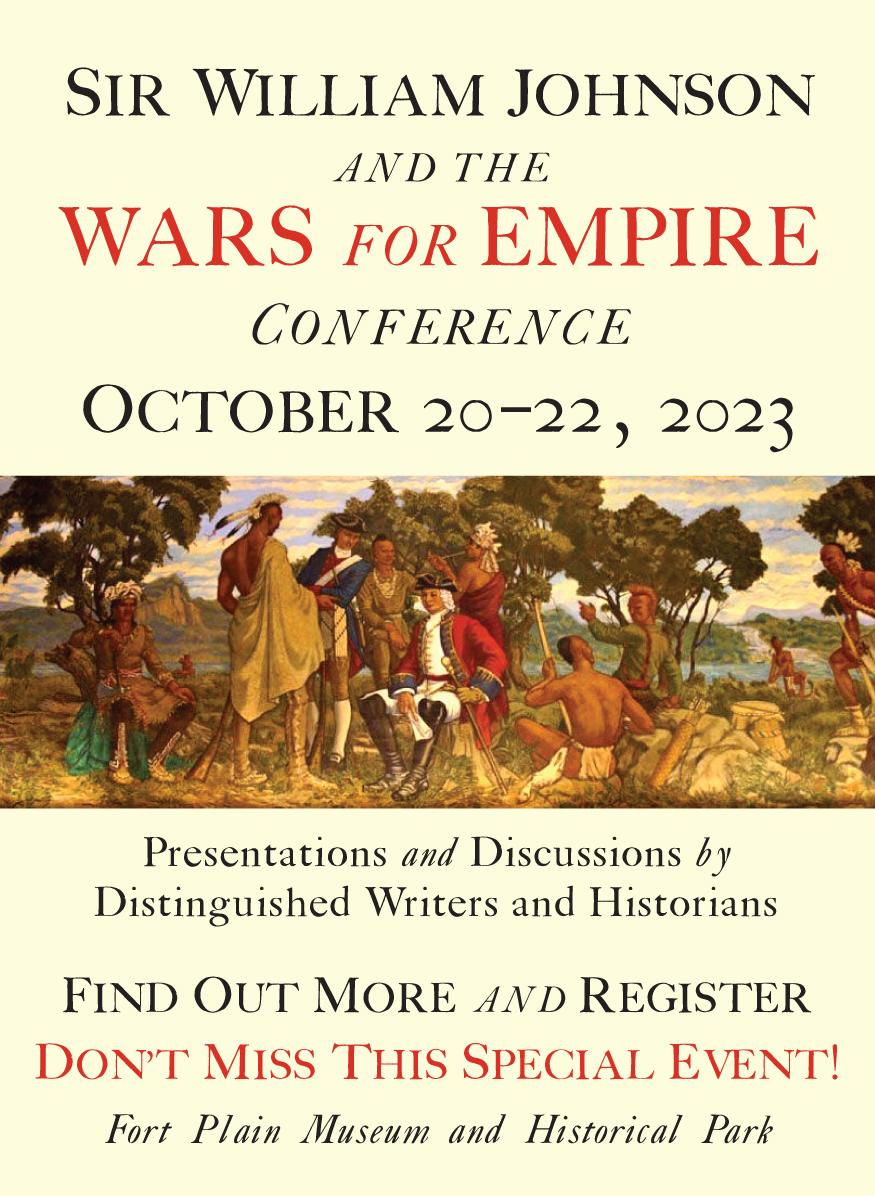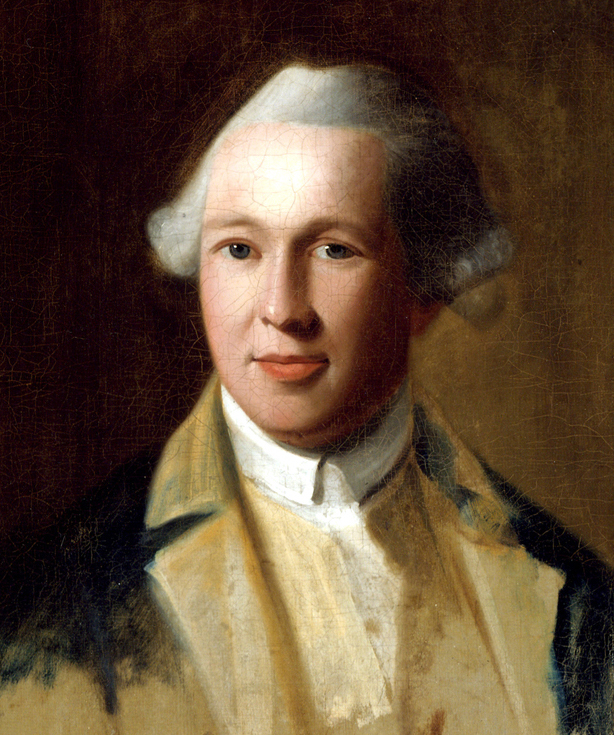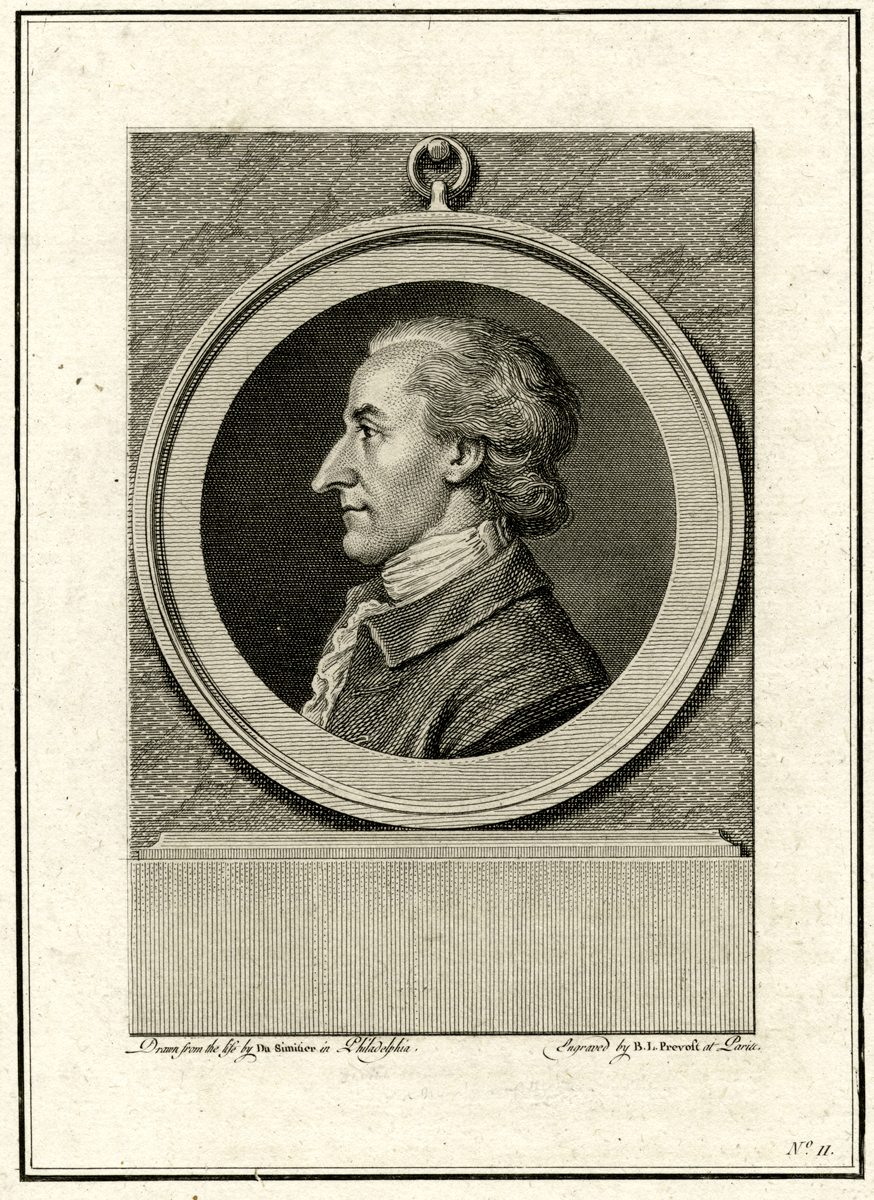Within the pantheon of Founding Fathers, only George Washington was more impenetrable than was Thomas Jefferson—then and now. The man who would come to be known as the “Sage of Monticello” was also the man who slouched in the back of every session of the Continental Congress; a spectator outwardly disinterested in opening his mind to his colleagues. So too was he the man who would escape every crowd and every city as soon as he could—who would not only retreat to the top of his mountain, but then retreat further still within the carefully-constructed isolation of his private study for most waking hours of the day.
Yet more than any of these, it was a veil of detached serenity behind which the inner Jefferson would hide himself—a benign stoicism that projected calm and tranquility at the same time that it thwarted any chance of discovering whatever passions might be roiling within. Of such granite was this façade of quietude, impenetrable to the last, that his eldest daughter could only remember seeing him lose his temper twice in her entire life.[1] If Jefferson was not, in fact, a more-celestial being, hovering far above the tempests of emotions and impulses other mere mortals must contend with, it was a fact he very much tried to hide from even those closest to him.
This was the mature Jefferson at least—the Jefferson who, by an amorphous combination of accident and agency, by his own deep aspirations and in spite of his equally-deep aversions, became famous throughout the colonies for a pen that was both pugilistic and polemical on the one hand, and soaring and sublime on the other—a pen that would ultimately catapult him to the uppermost heights of fame and power.
It was certainly not the teenage Jefferson, though, whose earliest letters belie the image the adult Jefferson spent a lifetime maintaining.
The teenage Jefferson was remarkably unremarkable—recognizable across the generations to anyone who has spent any time around an adolescent. Far from exuding equanimity, he oozed angst. Instead of holding fast to serenity, he indulged in almost-comic melodrama. It would not be Jeffersonian assurance he would show towards his fate, but despondent resignation to life as a heart-stricken sojourner.
It began with a letter to one of his legal custodians. His father had died a few years before, there was little apparent relationship between he and his mother, and the walls of his boyhood home of Shadwell were starting to close in.[2] Desperate to go to university, but desperate not to appear too desperate, the youthful Jefferson guised his appeal in disinterested, this-is-really-not-for-my-benefit-but-for-yours, language. Not only was his education suffering from all the time wasted entertaining visitors to his home, he mourned, but so was the estate’s finances. Dinner parties aren’t cheap, after all.
Were he to be sent to university, though, not only would he “get a more universal acquaintance” with his Greek and Latin, but his absence would “in a great Measure put a Stop to so much Company, and by that Means lessen the Expences of the Estate in House-Keeping.”[3]
Ingenuous or less-than, Jefferson’s appeal worked. Enrolled at William & Mary just months later, he soon found himself liberated from the isolation of his home and among some of the most distinguished minds on the American continent. One of them was William Small, a professor of mathematics and a man “profound in most of the useful branches of science,” who virtually adopted Jefferson. So too did George Wythe, a distinguished lawyer and a “faithful and beloved Mentor” to him for years after.[4] Later in life Jefferson would paint the two years he’d spend in the tutelage of these men as a glowing idyll of the mind—a biennial of learned discussions and intimate dinner parties. For him they provided an idealized tableau that he would both cherish and seek to replicate for the rest of his life.[5]
But between these first sweet experiences and the decades spent recreating them would be a brief but acute journey through a hormonal wilderness—one that would be no different from most in the generations of pubescent Americans that succeeded his own.
“This very day, to others the day of greatest mirth and jollity,” he wrote on Christmas of 1762, “sees me overwhelmed with more and greater misfortunes than have befallen a descendant of Adam for these thousand years past I am sure.” Eighteen years old and having concluded his studies at William & Mary, Jefferson had immediately fallen into a gloom—isolated, melancholy, and a victim of Lucifer himself. In this he felt an acute spiritual kinship with Job, whose own scriptural lamentations the young Jefferson was attempting to both echo and surpass. “I think his misfortunes were somewhat greater than mine,” he conceded at first, “for although we may be pretty nearly on a level in other respects, yet I thank my God I have the advantage of brother Job in this, that Satan has not as yet put forth his hand to load me with bodily afflictions.”
Nevertheless, Jefferson’s woes were legion. Reading law by day, he was “in a house surrounded with enemies” by night—enemies “who take counsel together against my soul and when I lay me down to rest they say among themselves Come let us destroy him.”
Sure, Job—a man, like Jefferson, undeserving of his cruel fate—had suffered the loss of his children, his servants, and his once-great estate at the hands of Mephistopheles, but so too was the infernal one paying undue attention to the aspiring barrister that yuletide holiday. “I am sure if there is such a thing as a devil in this world, he must have been here last night and have had some hand in contriving what happened to me.” Whereas the American adolescent today wakes up on Christmas morning with the expectation of presents under a brightly-lit tree, Jefferson woke up to something else entirely: “Do you think the cursed rats (at [Satan’s] instigation I suppose) did not eat up my pocketbook which was in my pocket within a foot of my head?”
Alas, the youth had only just begun to discover the contents of his stocking of sorrow. Not “contented with plenty for the present,” the rats also “carried away my Jemmy worked silk garters and half a dozen new minuets I had just got.” Not one to overdramatize minor inconveniences, Jefferson would never accuse the devil on this alone, “because you know rats will be rats, and hunger without the addition of his instigations might have urged them to do this,” but too many other bouts of misfortune would befall him that heartrending morning for him to ignore Beelzebub’s cloven footprints.
That night it had rained, and as he laid his head down to sleep, as innocent and guileless as the newborn Christ child himself, he had placed his watch in its usual place. When he woke up the next morning, his watch was where he had left it but “all afloat in water let in at a leak in the roof of the house.” Chance might explain everything before, but not a catastrophe such as this, for “there were a thousand other spots where it might have chanced to leak as well as this one which was perpendicularly over my watch.” The conclusion was unavoidable: “It’s my opinion that the Devil came and bored the hole over it on purpose.”
Even this he could have borne in fortitude had it not been for Satan’s final insult: rain water had so penetrated Jefferson’s watch that the underlying picture and watch paper had become hopelessly soggy. When attempting to remove them, he found to his mortification that his “cursed fingers gave them such a rent as I fear I never shall get over.”
The auburn-haired youth could bear the weight of calamity no longer, crying out that this “was the last stroke Satan had in reserve for me: he knew I cared not for anything else he could do to me.” Rats might have taken the teenager’s socks, and rain water might have taken his watch, but only the devil himself would—and could—have taken the picture and letter contained therein—the pictures and letter, that is, of the woman to whom Jefferson had rendered his very soul.
Her name was Rebecca Burwell, the sister of a former college classmate and a fair beauty whose image was so “imprinted” in Jefferson’s consciousness “that I shall think of her too often, I fear, for my peace of mind.” To Jefferson’s enduring chagrin, it had been that image that the devil had taken, and not the legal tracts of Edward Coke, whom he had been forced to read for days on end in the course of his legal training. “I am sure I never was so tired of an old dull scoundrel in my life. What! Are there so few inquietudes tacked to this momentary life of our’s, that we must need be loading ourselves with a thousand more?”
Left no other refuge, Jefferson at last sought rhetorical comfort in the reassurance of philosophy. “Is there any such thing as happiness in this world?” he asked himself. After a night and morning such as his, the beleaguered and love-sick teenager could come to only one conclusion: “No.”[6]
Jefferson’s next extant letter, addressed, like his first, to his friend John Page, was written nearly a month later. In that time, the teenager’s tidal wave of hormones had begun to flow, crest, and crash in a different direction. No longer persecuted to biblical proportions by the devil, the pitiable youth was now convinced that he scarcely existed at all—that he was a risible irrelevance to whom no one cared to pay attention—not even garter-gorging rodents. “I have been thinking this half hour how to begin my letter and cannot for my soul make it out,” he explained to Page. Not that it mattered anyway, for he could “not conceive that any thing can happen in my world which you would give a curse to know, or I either.”
Like so many other enlightened teenagers to follow, Jefferson had discovered the truth and meaning of existence then and there: there wasn’t one. He, like everyone, rose from their bed in the morning, “that we may eat breakfast, dinner and supper and go to bed again that we may get up the next morning and do the same: so that you never saw two peas more alike than our yesterday and to-day.”
Yet for all his putative world-weariness, just below the surface was the same source of angst that had produced the litany of laments in his previous letter. After only a few sentences, Jefferson’s feigned resignation gave way to more lovesick pining. “How does [Rebecca Burwell] do? What do you think of my affair, or what would you advise me to do? Had I better stay here and do nothing, or go down and do less?”
In Jefferson’s infatuated mind, every piece of his future happiness hinged upon this question. Answering it for himself, but implicitly pleading for an answer otherwise, he announced that, deep-down, his inclination told him to go, “receive my sentence, and be no longer in suspence.” But then again, hope without an answer might prove the less-unhappy course, for his reason told him that if he went and his suit proved unsuccessful he would be “ten times more wretched than ever.”
Ill as he wrote these words, his red eyes were giving him as much “exquisite pain” as his own post-pubescent despondency was. In postscript, the two combined and spilled over into maudlin self-pity:
Why cannot you and I be married too, Page, when and to whom we would chuse? Do you think it would cause any such mighty disorders among the planets? Or do you imagine it would be attended with such very bad consequences in this bit of a world, this clod of dirt, which I insist is the vilest of the whole system?
First Satan, now the planets were aligned against the sickened and careworn lad, leading him to suppose that his misery was soon to expire along with his time on earth. “I verily believe Page that I shall die soon, and yet I can give no other reason for it but that I am tired of living. At this moment when I am writing I am scarcely sensible that I exist.”[7]
Seven months later Jefferson would, in fact, still be alive; as would his anxieties and hopes for Rebecca Burwell. Treating Page as both a friend and “attorney,” his mood shifted once again, this time to a more disimpassioned reflection upon his prospects. Seemingly unfazed by the emergence of a rival for Burwell’s affection, Jefferson spent most of his third surviving letter to his friend discussing potential methods of approach towards her, how and by what means to present his suit to her guardians, and whether or not to seek an answer and commitment before he left for Britain (a trip he wouldn’t actually make).
But, as ever, the more the hopeful suitor wrote, the more the selfsame hormones and emotions that had drenched his previous epistles began to seep through. His good sense told him to be patient, but his yearning and insecurity were nigh impossible to subdue. He wanted a resolution—to know if Miss Burwell would be, or at least wanted to be, Mrs. Jefferson. If not, “if I am to meet with disappointment the sooner I know it the more of life I shall have to wear it off.” In such a case, he would accept his fate manfully, spending the remainder of his days as a rejected bachelor, for his hand would “never be offered to another.”[8]
By the autumn of that year, the full force and froth of Jefferson’s teenage passions would storm forth once again. “In the most melancholy fit that ever any pour soul was,” he wrote to Page in October, “I sit down to write to you.” Back in Williamsburg again, he had attended a dance at which Rebecca was present. Knowing that she would be there beforehand, Jefferson had walked into the ballroom that night “prepared to say a great deal.” He had “dressed up in his mind” all the thoughts he had expressed only to himself and to Page thus far, “in as moving language as I knew how, and expected to have performed in a tolerably creditable manner.” He would, he had determined, open his heart to her in all the prose and poetry he had at this disposal. It would work. It had to work.
Yet when the moment had at last come—when the gangly, shy, nervous teenager at last stood before the object of his most ardent affection—all he could manage were “a few broken sentences, uttered in great disorder, and interrupted with pauses of uncommon length,” which, taken together, expressed nothing to Burwell but his own “strange confusion.”[9]
As humiliating as it must have felt at the time, Jefferson’s sputtering performance wasn’t, from all appearances, quite the unmitigated disaster he portrayed it to be after, and he would have at least one more conversation with her over the succeeding weeks. In this subsequent dialogue, he told her both that he was planning a trip to England and, more importantly, “in what manner I should conduct myself till then,” along with his reasons for doing so. This “appeared to give the satisfaction I could have wished,” and though he had asked no question of her that would “admit of a categorical answer,” he had insured her that “such questions would one day be asked.”[10]
It was as outwardly confident as Jefferson had been in his courtship. Regrettably for the young lover, it would also be the apogee of that courtship: a few months later, he’d receive word that she had agreed to marry another.
Given all the emotional investment he had put into her over the previous year, we can imagine the level of heartbreak this news must have caused him. In the same letter he reported her engagement to a friend, he also mentioned a “violent head ache, with which I have been afflicted these two days.”[11] This is the first recorded instance of the multi-day headaches that would plague him off-and-on for his entire life, often coinciding with tragic events in his personal life or moments when he felt overly harassed by external pressure.[12] He had never been one to shrug personal misfortune off lightly or quickly in his younger days (clearly); nor would he ever be. But as he matured, he would internalize his pain, suffering in private behind both physical and emotional walls. Headaches were the outward, physical manifestations of his deep emotional anguish.
The first evidence of this is in his ostensibly nonchalant reaction to Burwell’s engagement. He hadn’t heard the news from her personally, he having been “so abominably indolent as not to have seen her since last October, wherefore I cannot affirm that I know it from herself, though I am well satisfied that it is true as if she had told me.” While conveying disappointment, he nevertheless wanted it to be known that there were no hard feelings—“Well the lord bless her I say!”—and that, actually, he might be better off without her—or any woman. “Many and great are the comforts of a single state,” he reassured his correspondent—and himself.
Genuinely felt or not, he would hold true to this sentiment for years, as well as to his previous promise to never offer his hand to anyone else but Burwell. His parting benediction to her would be the last extant letter left by the teenage Jefferson (a fire at Shadwell destroyed most of his adolescent papers). No mention of this time is made in his autobiography, but over the next few years he would come into his own, completing his legal studies under Wythe; building a brief, but successful law practice; and then, by 1769, winning election to the House of Burgesses.[13]
Establishing himself as a young gentleman of status in the upper crusts of colonial Virginian society, he would build (and never stop building) a palatial home atop Monticello—then ultimately break his promise never to marry by wedding Martha Wayles in 1772. By 1774 his reputation would extend to all thirteen American colonies with the publication of A Summary View of the Rights of British America—a tract so well received that he would be appointed to the committee that would draft the Declaration of Independence two years later.[14]
By then he had become both known and renown. No longer haunted by the rats, the rainwater, Satan, or his own teenage hormones, the older Jefferson—the Jefferson known to history—would instead find himself haunted by the clamorous burden of public eminence, both impelled towards it by his own ambition and repelled from it by his own reclusiveness.
To cope, he would fortify, then retreat behind, the same facades of veiled detachment he had first begun to construct whilst in the throes of his teenage passions. Those emotions would still be there, as would all the emotions that all humans confront—and would occasionally erupt forth in extended illnesses and, especially in his twilight years, letters. But the mature Jefferson would keep well-hidden what the teenage Jefferson could not have helped but spew forth.[15]
From then on what Jefferson felt, nobody would be allowed to see.
[1]See Fawn M. Brodie, Thomas Jefferson: An Intimate History (New York: W.W. Norton & Company, 1974), 21.
[2]Jefferson gave his mother but a fleeting mention in his autobiography, mentioned her one more time in a letter informing an acquaintance of her death, then never again in his extant papers. See Thomas Jefferson, “The Autobiography,” in Merrill D. Peterson, ed., Jefferson: Writings (New York: Library of America, 1984), 3-4; and Thomas Jefferson to William Randolph, [ca. June] 1776,” Founders Online, National Archives, founders.archives.gov/documents/Jefferson/01-01-02-0172.
[3]Jefferson to John Harvie, January 14 1760,”Founders Online, founders.archives.gov/documents/Jefferson/01-01-02-0001.
[4]Jefferson, “The Autobiography,” Peterson, ed., Jefferson, 4-5.
[5]For a broader discussion of the blissful memories Jefferson had of his time in the company of Small and Wythe, and how they shaped him in his private and public capacities, see Geoff Smock, “Exploring Thomas Jefferson’s Love of Wine. Journal of the American Revolution,August 9, 2016, allthingsliberty.com/2016/08/thomas-jefferson-love-wine/.
[6]Jefferson to John Page, December 25, 1762,Founders Online, founders.archives.gov/documents/Jefferson/01-01-02-0002.
[7]Jefferson to Page, January 20, 1763,” Founders Online, founders.archives.gov/documents/Jefferson/01-01-02-0003.
[8]Jefferson to Page, July 15, 1763,” Founders Online, founders.archives.gov/documents/Jefferson/01-01-02-0004.
[9]Jefferson to Page, October 7, 1763,” Founders Online, founders.archives.gov/documents/Jefferson/01-01-02-0005.
[10]Jefferson to Page, January 19, 1764,” Founders Online, founders.archives.gov/documents/Jefferson/01-01-02-0007.
[11]Jefferson to William Fleming, March 20, 1764,” Founders Online, founders.archives.gov/documents/Jefferson/01-01-02-0009.
[12]See Joseph J. Ellis, American Sphinx: The Character of Thomas Jefferson (New York: Vintage Books, 1998), 52.
[13]In his autobiography, Jefferson jumped from his experience at William & Mary straight to his election to the House of Burgesses. See Jefferson, “Autobiography,” in Peterson, ed., Writings, 4-5. For a brief but effective discussion of Jefferson’s youthful days, I would recommend R.B. Bernstein, Thomas Jefferson (New York: Oxford University Press, 2003), 1-14.
[14]See Thomas Jefferson, “A Summary View of the Rights of British America,” in Peterson, ed., Writings, 105-122.
[15]For an example of illness and physical breakdown betraying the powerful emotions within Jefferson, see Ellis’ discussion of his reaction to his wife’s untimely death in Ellis, American Sphinx, 78-79. For a discussion of the letters of his retirement years, see Geoff Smock, “Jefferson’s Reckoning: The Sage of Monticello’s Haunting Final Years,” Journal of the American Revolution, April 25, 2018, allthingsliberty.com/2018/04/jeffersons-reckoning-the-sage-of-monticellos-haunting-final-years/.














3 Comments
Nice article on an overlooked topic! For a fascinating read on his sexual exploits and difficulty with female relationships throughout his life, I recommend “Mr. Jefferson’s Women” by Jon Kukla. Weaving primary sources with known research, it hypothesizes that much of his orientation towards the ‘role of women’ in his personal life and in public life was shaped less by eighteenth century standards and more by his constant rejection and frustration with women in his private life.
Beautifully composed and written. Surely there is a book to come on the spirited, emotional Jefferson one day?
Thank you for the kind words! And yes, don’t be surprised to see a book. Someday…